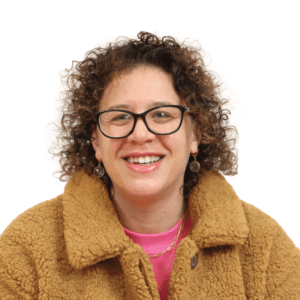Special Educational Needs and Disabilities (SEND)
SEND Coordinator: R Galea-Baker
Cliffe Woods is proud of its inclusive ethos and is fully committed to ensuring all pupils, regardless of their background, additional educational needs, race or gender are able to fulfil their potential.
If you have any concerns about your child, the best place to start is by talking to their Class Teacher who will know your child well. If you continue to have concerns, I am happy to meet with you. I am in school every Tuesday, Wednesday and Thursday. If you would like to book an appointment, please ask at the school office, find me on the playground or contact me at send@cliffewoods.medway.sch.uk

SEND drop-in support sessions
Medway Education and the SEND team host a range of drop-in sessions at family hubs so you can meet the team and learn more about our service.
At the sessions, you’ll be able to:
- get advice if your child is struggling at school
- find support
- get general advice about SEND in Medway.
The Transition team for Social Care will be at the first session of each month to support any social care queries.
The Medway Special Educational Needs and Disabilities Information, Advice and Support Service (SENDIASS) are also running a number of drop-in information sessions at family hubs throughout the year.
Strood sessions
- Location: Strood Children and Family Hub, Clifton Close, Strood, Kent, ME2 2HG
- When: every Tuesday
- Time: 1 pm to 3 pm.
In September 2014, a new Special Educational Needs (SEN) Code of Practice came into effect. The definitions below are used within that key document.
Definition of Special Educational Needs (SEN)
A child or young person has SEN if they have a learning difficulty or disability which calls for special educational provision to be made for him or her.
A child of compulsory school age or a young person has a learning difficulty if he or she:
(a) has a significantly greater difficulty in learning than the majority of others of the same age, or
(b) has a disability which prevents or hinders him or her from making use of facilities of a kind generally provided for others of the same age in mainstream post-16 institutions. SEN code of Practice (2014, p.4)
Definition of Special Educational Needs (SEN):
Many children and young people who have SEN may also have a disability under the Equality Act 2010 – that is “…a physical or mental impairment which has long term and substantial adverse effect on their ability to carry out normal day-to-day activities”. This definition provides a relatively low threshold and includes more children than many realise: “long term” is defined as “a year or more” and “substantial” is defined as “more than minor or trivial” SEN Code of Practice (2014 p.5)
Definition of a disability:
Many children and young people who have SEN may also have a disability under the Equality Act 2010 – that is “…a physical or mental impairment which has long term and substantial adverse effect on their ability to carry out normal day-to-day activities”. This definition provides a relatively low threshold and includes more children than many realise: “long term” is defined as “a year or more” and “substantial” is defined as “more than minor or trivial” SEN Code of Practice (2014 p.5)
Further Information and Resources
View our Cliffe Woods SEND policy and Information Report here
You can also find information and resources on SEND on our Trust website here


